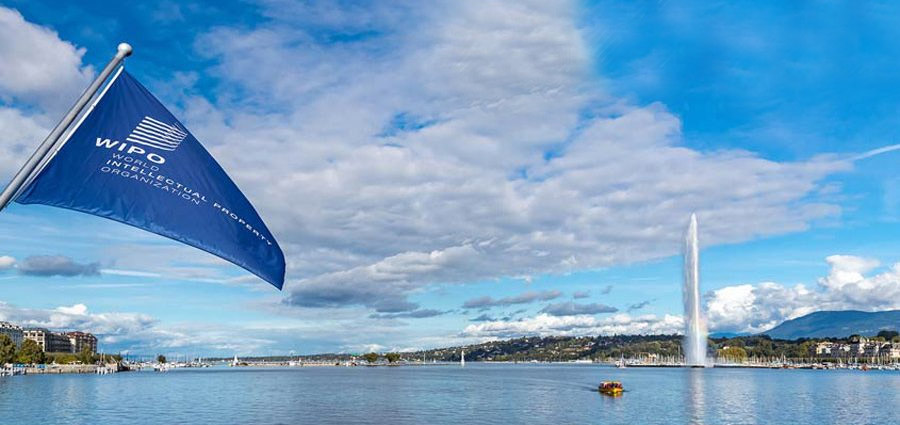As the World Intellectual Property Organization (WIPO) held the 42th session of its Standing Committee on Copyright and Related Rights (SCCR) hybrid in May 2022, EWC President Nina George and EWC Vice President Maia Bensimon submitted on behalf of the European Writers’ Council the following statement on Exceptions and Limitations:
The EWC thanks WIPO for the opportunity to submit a written comment on the topic of Exceptions and Limitations (E&L) to be discussed in the SCCR/42. We refer in general to E&L for authors in the book sector, as well as in particular to the Proposal by The African Group for a Draft Work Program on Exceptions and Limitations, including the related WIPO Secretariat’s Report on Regional Seminars and International Conference on Limitations and Exceptions (SCCR/40/2).
The European Writers’ Council represents 160,000 authors in the book sector from forty-six writers’ and translators’ organisations in thirty EU-, EEA- and non-EU countries, who write and publish in thirty-one languages respectively, and in all genres, including educational and academic works. Their works are translated, published, and used worldwide. With this in background, we note as follows:
There shall be no competition among human rights, namely between authors’ rights and copyright – and other human rights such as those regarding information, access to culture, or education. The solutions to the individual crises of educational institutions will not be found in international limitations and exceptions.
Article 27 paragraph 2 of the Universal Declaration of Human Rights states: “Everyone has the right to the protection of the moral and material interests resulting from any scientific, literary or artistic production of which he is the author.” This is a fundamental right. The moral sovereignty of every author is based on it, the options to decide on economic exploitation is based on it, and thus contributes to an author being able to work thematically independently. He/she is thus free from influence, dependence on funding or sponsors, or market ideals. Only a copyright that enables every citizen to contribute to culture and literature ensures that not only privileged elites can monetarily afford to create content, knowledge, opinions, and texts.
Based on a long-term in-depth study by the EWC, we can already see in the implementation of Directive 2019/790 (EU), how destructive Exceptions and Limitations are for authors and the book sector as a whole. This applies in particular not only to non-compensated Limitation on the use of digitised works in educational institutions, but also to those that require compensation. In the case of the latter, in average five years of court proceedings will be necessary before contracts of collective rights management can be concluded. Until then, works will be used, but their creators, the authors, translators, illustrators, publishers, proofreaders, editors, etc., will not be remunerated. In the related papers mentioned above there is often mention of the “balance” between copyright and the public’s right. With the digital evolution, the balance has long since shifted; worldwide, authors live more precariously, make less turnover, leave their profession, or suffer from shrinking market access – at the same time, with their works made at a private, commercial risk, they contribute to the educational mandate of the states and co-finance it through growing losses. In this context, the right to access to education should not be negligently played off against the authors’ rights. A sustainable knowledge society depends on quality content with sustainable budget concepts. Damaging the very sources of this content through international legal instruments is not an appropriate strategy.
Exceptions and Limitations cannot remedy the respective national, institutional deficits in the traditional systems. Adapted, modern, extended licensing systems, especially in the pandemic, have made it possible to ensure a satisfactory provision of teaching materials worldwide, and have great potential for expansion and negotiation, being easily adaptable to country-specific needs.
Accordingly, the EWC does not endorse the proposal, “to promote the adaptation of exceptions to permit teaching, learning and research through digital and online tools, including across borders”.
To the documents of the SCCR42
Photo: Emmanuel Berrod. Copyright: WIPO. This work is licensed under a Creative Commons Attribution-NonCommercial-NoDerivs 3.0 IGO License

